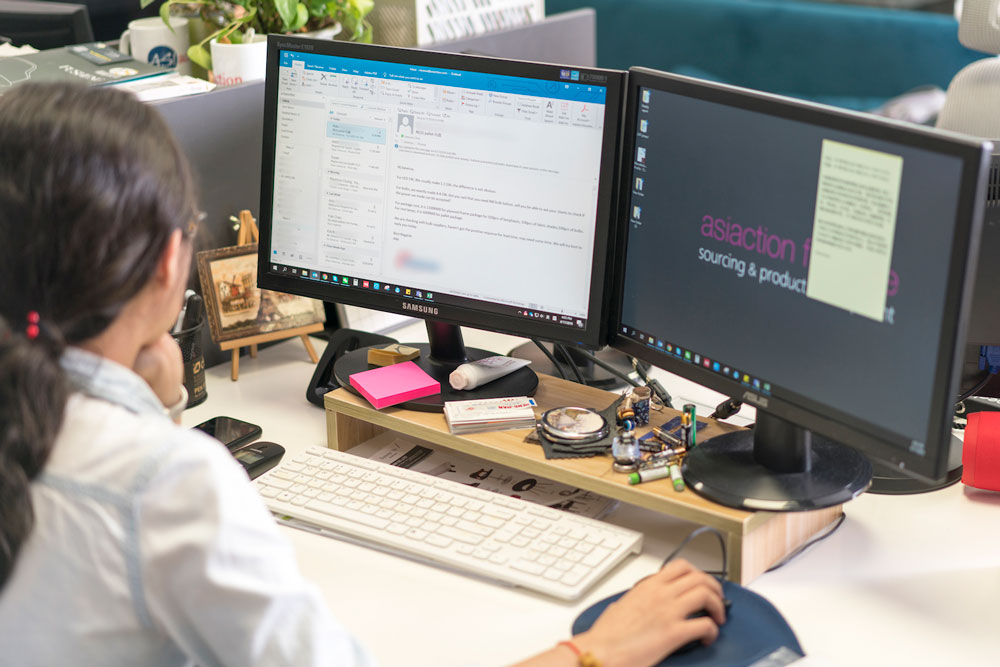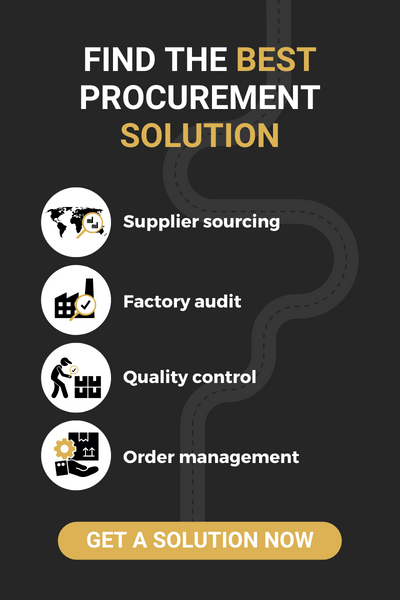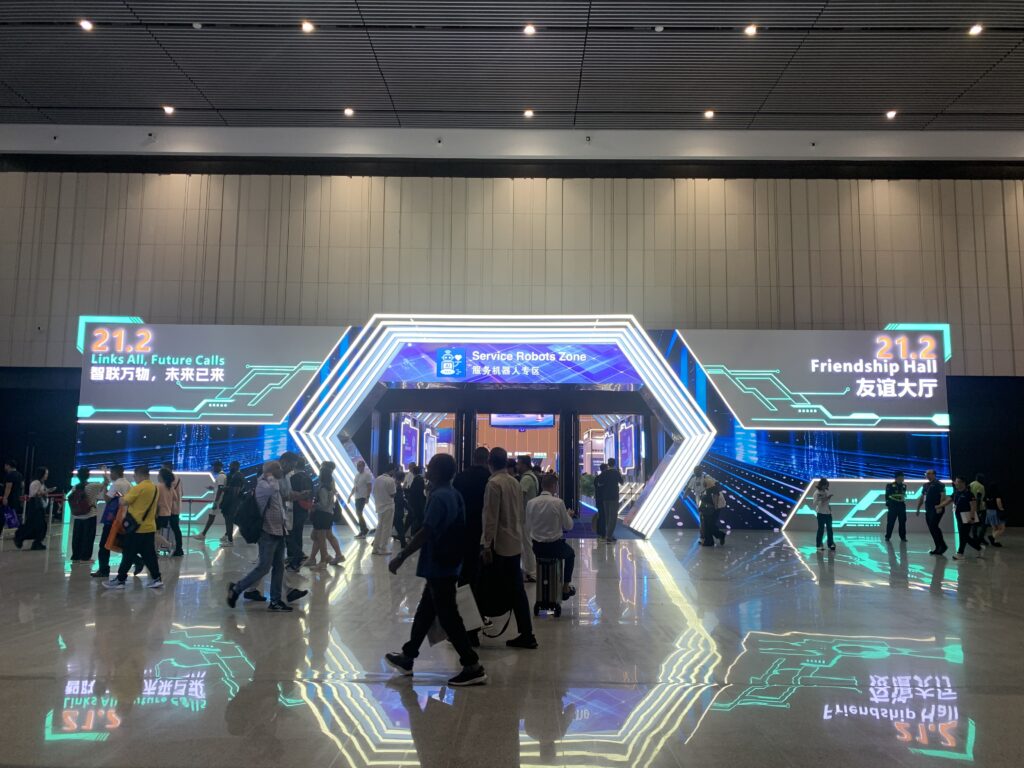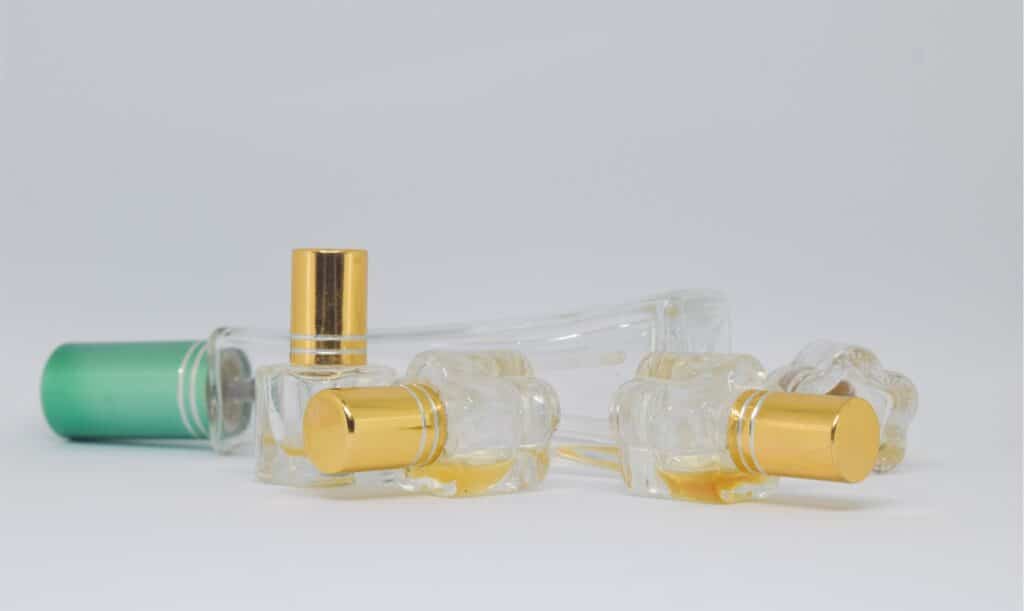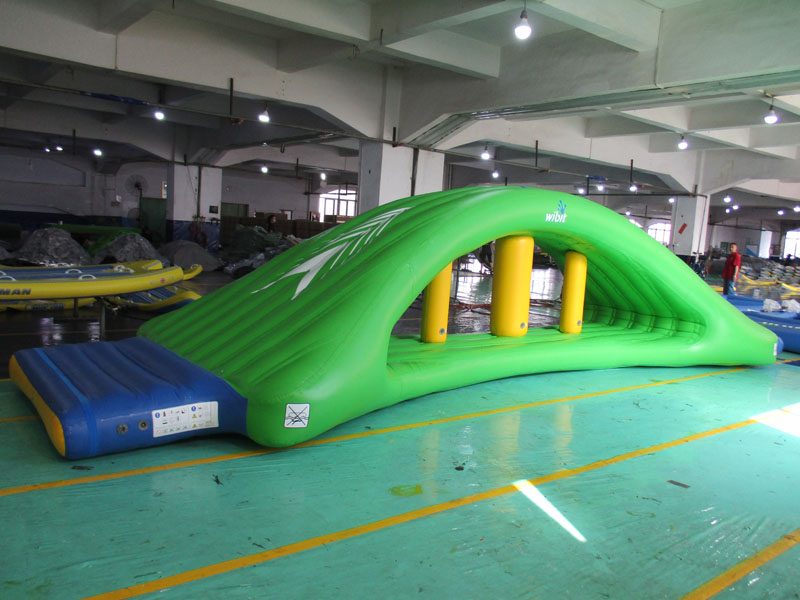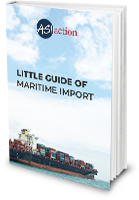How to choose your Chinese partners
First of all, a word of advise regarding the offers too good to be true.
If you want to purchase from China without coming over, you have to go through famous online directories, referencing thousands of suppliers. You must be wary of very attractive offers. This is how unscrupulous entities are luring foreign companies, getting your money and disappearing.
Starting on the right track
The cultural difference exists but it should not be exaggerated. When it comes to finding a partner, it is essential to find factories you really want to work with, meet the managers and create a relationship of trust with them. It is also necessary that your company is well advised and assisted in its research. If necessary, a sourcing company can carry out all the checks on the Chinese partner to confirm its existence, to go on site and to discuss with the factory representative. The sourcing company can also negotiate contracts directly with your partner.
Tips to avoid the risk of sourcing in China
Pay the right price
Coming to China simply to find the lowest prices is a mistake. Because from a TCO (Total Cost of Ownership) point of view, it may be more interesting to do your sourcing in Tunisia, Turkey or Romania; transport, customs and quality control costs are lower. Today, if one settles in China, it is first to penetrate the local market.
Then you have to agree to pay the quality and not put too much pressure on the supplier. The supplier always wants to make a good profit. If the price that is demanded of him is too low, he will not hesitate to lower the quality of the raw materials and to stop following the processes because the only invariable factor in China is the profit that the subcontractor wants. It is when there is too much pressure on prices that quality problems arise.
See Apple for example, which has all its products manufactured in China. If their quality is excellent, the prices paid by Apple to its suppliers are well beyond Chinese standards.
Ensure the honesty of the supplier
You have to investigate the supplier. The first element to check is of course the “Business License”. With regard to technological and environmental standards, we can not rely on certifications presented by suppliers only; they are rarely authentic. Everything must be verified. Some unscrupulous suppliers take you to other factories than the ones where the product development will actually be done.
Present perfectly clear specifications
To produce in China, you have to be very clear about all the parameters and present full specifications in English and Chinese (if possible). The factory will interpret any of your oversight, and that’s not good news. It is often because some parameters are modified along the way or when these parameters are unclear that production is delayed and costs are rising.
Check quality
Minimizing quality risks in China
Most frequent problems
One of the most common problems is the lack of understanding by Chinese suppliers of customer specifications and of foreign quality standards. Understanding each other is very important when working with a Chinese partner, including at the cultural level. It is difficult to translate the technical points of the specifications. It is also worth mentioning the culture of “cha bu duo” (= almost) of Chinese people who sometimes tend to “interpret” the standards and adapt them to their factory capacities.
It is necessary to control the Chinese subcontractors because they do not always respect the specifications and sometimes do not hesitate to subcontract the work to companies that may be less scrupulous about quality.
In China, even if the first order is successful, it is recommended to make a systematic and regular check of the following orders because the quality can change at any time.
International standards and certificates in China
A first recommendation is to verify that suppliers have a quality management system, ideally certified ISO 9001. Even in the case where the supplier presents a certificate, we recommend that buyers conduct an independent audit to ensure that the certificate is not a fake document. At least, we strongly suggest you to check the certificate with the certifying body. In China, Bureau Veritas can deliver both ISO certifications, product conformity certifications to European standards (“CE marking”), and conduct independent audits as a “representative” of the buyer.
Even though the factory has certificates and an adequate quality management system, we suggest you to control your order during the production. In China, when signing a contract with a Chinese partner, it is the beginning of a long business relationship and you have to be very flexible because amendments and renegotiations are widespread.
Advice to foreign companies
To buy from China, you must first prepare well: do market research, find the necessary information on the Chinese market, send resources on site to start relations and check the situation. It is important to be accompanied by a specialised body on the legal aspects and by a quality control body on the technical aspects.
Don’t think that buying in China is synonymous with “cheap” because quality comes at a price, even in China: companies must be willing to pay reasonable prices depending on the market and the type of products they buy.
In France, when a contract is signed, we know that the supplier is likely to respect its side of the contract but in China, even if we signed the contract, it is essential to set up monitoring and systematic controls. Professionals must be used to properly control and train suppliers. Here too, companies must be prepared to pay additional costs.
To sell in China, it is necessary to obtain local licenses, as well as the CCC certificate for a large number of products. Again, it is recommended to be accompanied by professionals to avoid any unpleasant surprises.
Intellectual property in China
Foreign companies are often confronted in China to counterfeiting. You have to systematically register your brand and file your patents before you even arrive in China. If the trademark or patent has not been registered, it is very difficult to protect yourself. Thus, in the case of trademarks, if a Chinese entity files in China a trademark registered in France but not yet registered in China, it may use it legally and prohibit its use in China to the original French owner. Such situation is often very hard to accept for the French owner of a trademark that has been in France for a very long time. Legal possibilities exist – lapse for non-use of mark, proof of bad faith …, but their outcome is uncertain. The simplest solution is often to negotiate with the person who filed the trademark on the Chinese territory to try to buy the brand but it can be very expensive.
How to choose a sourcing company in China?
Prelude: it exists (as in all industries), reliable companies and then other companies that are a little less…trustable.
A good sourcing company is located in the country you plan to buy from
Having a sourcing company in China allows you to have access to a large directory of selected factories and to be able to audit them easily.
You must choose your sourcing company carefully. Check that they are well registered and operate legally in China. Do not hesitate to ask for official documents. It is best to work with a company that has more than 6 years experience. Ask to see their references and then write a small email to customers to find out what they think of their sourcing partner. A good sourcing agency is one which knows the Chinese business habits, their weak points and the opportunities offered by China. Nothing is innate, everything is acquired with experience.
Do not hesitate to inquire about the profile of your partners.
Have they spent 10 years in China or have they just arrived ?
A good sourcing company offers alternative suppliers
A sourcing company knows how to find specific suppliers that are relevant to your requests. If you already found some suppliers, they will present to you interesting factories that only they are able to find, thanks to their expertise and network.
Management of Chinese suppliers and compliance with quality standards
A good sourcing company is a clever mix between local and foreign employees. Foreigners know the foreign quality standards and this allows to negotiate and manage a good communication with the Chinese supplier.
Local means local, a supplier in Canton requires Cantonese people speaking Cantonese, while in Shanghai, someone from Shanghai will be more suitable for this mission.
A good sourcing company negotiates for you
Do not pay the total amount of the order before the start of production, a sourcing company will negotiate for you the best terms of payment. In general, it is 30 to 50% at the order and 50 to 70% at the end of production, before the container loading.
If the company asks you to pay in full before the production, there is usually something fishy going on.
Compliance with production procedures
Always ask for samples before starting production, to ensure that the quality of the product meets your expectations. A good sourcing company will ask for your approval. Each quality report must also be accompanied by photos and documents certifying all the quality controls.
Conclusion
I hope you got a lot of useful information from this article and that you’ll have many successful orders.
It’s your move now!
If you want to import goods from China, contact our experts. We will support you in your procurement from China.
Secure and simplify your procurement with ASIACTION.
ASIACTION provides a sourcing study, we identify and validate Chinese suppliers for you.
ASIACTION provides a full company evaluation.
ASIACTION manages your entire order in China.
ASIACTION visits the factory to inspect your goods at any time during production.

